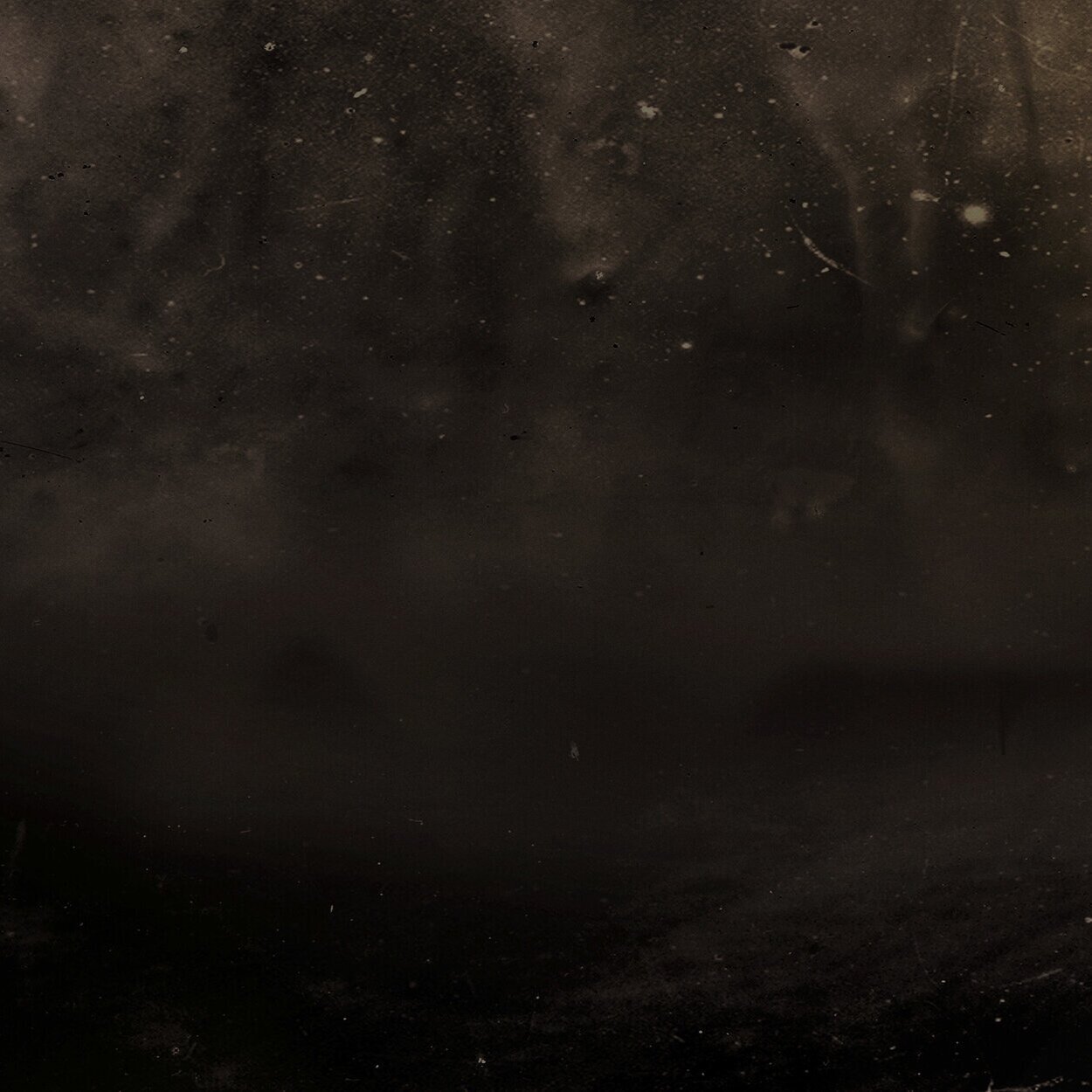
Mythology
(including Common Core Standards and NYC DOE Blueprints Standards)
This module looks at HADESTOWN through the lens of mythology. It is designed to familiarize learners with the roots and forms of Greek mythology so they can better understand the mythological tradition through which HADESTOWN was developed. It includes links to resources that students can use to familiarize themselves with the original myths and characters that HADESTOWN is based on.
The corresponding lesson plan gives students the opportunity to examine the forms of ancient mythology, explore myths from other cultures, and even write their own!
“It's an old song. It's an old tale from way back when. And we're gonna sing it again and again”
from “Road to Hell (Reprise)”
At the heart of Hadestown are the dual myths of Orpheus and Eurydice and Persephone and Hades, all of which have their roots in the rich history of Greek mythology.
Like most mythological traditions, ancient Greek mythology was used to explain all aspects of existence, ranging from the natural world with myths about the origins of fire for humanity and the creation of spiders to myths explaining the nature of human behaviors like love. There’s even Greek mythology that speaks to the origins of Greek mythology!
Hades, Persephone, and Hermes are all ancient Greek gods. Hermes is the Greek god of trade, travel, and more. Hades is the god of the underworld and Persephone is the god of agriculture. The ancient Greeks worshipped the gods and honored them with sacrifices, festivals, and rituals.
Watch Amber Gray talk about developing the character of Persephone in HADESTOWN
Orpheus is the son of a god and a muse. Eurydice was thought to be some sort of natural spirit figure like a Dryad or nymph. The Fates are also figures from Greek mythology. They were known to be three older women named Clotho, Lachesis, and Atropos. They were considered very powerful and able to control destinies. Some believed the Fates to be offspring of Zeus.
In some ways, the story of Hadestown stays true to classical Greek mythology and in other ways it diverts and tells us a whole new story with slightly different versions of the classic characters.
“Over the centuries, the culture of the ancient Greeks has impacted countless realms of human thought and achievement, from politics, philosophy, architecture, art, literature and theatre to geometry, astronomy and sports.”
from “Gods and goddesses 101: Intro to Greek mythology,” Al Woods, Flux Magazine.
Types of Ancient Greek Myths
MYTHS OF ORIGIN - “an attempt to render the universe comprehensible in human terms” / e.g., Chaos, Earth, Tartarus/The Abyss, Love/Desire
MYTHS OF THE AGES OF THE WORLD - critique and explain changes in moral or spiritual qualities of humanity over time / e.g., Golden Age, Silver Age, Heroic Age, Iron Age
MYTHS OF THE GODS - their births, victories, love affairs, special powers, cultic and ritualistic connections / e.g., Hades the Ruler of the Underworld, Hermes the Messenger of the Gods
MYTHS OF HEROES - Include elements from tradition, folktale, and fiction / e.g., Orpheus and Eurydice, Iliad and Odyssey attributed to epic poet Homer
MYTHS OF SEASONAL RENEWAL - allegorical in nature / e.g., The Abduction of Persephone
The Power of Myth
Joseph Campbell: “Greek and Latin and biblical literature used to be a part of everyone’s education. Now, when these were dropped, a whole tradition of Occidental mythological information was lost.
It used to be that these stories were in the minds of people. When the story is in your mind, then you see its relevance to something happening in your own life. It gives you perspective on what’s happening to you. With the loss of that, we’ve really lost something because we don’t have comparable literature to take its place. These bits of information from ancient times, which have to do with the themes that have supported human life, built civilizations, and informed religions over the millennia, have to do with deep inner problems, inner mysteries, inner thresholds of passage, and if you don’t know what the guide-signs are along the way, you have to work it out yourself. But once this subject catches you, there is such a feeling from one or another of these traditions, of information of a deep, rich, life-vivifying sort that you don’t want to give it up.”
Bill Moyers: So we tell stories to try to come to terms with the world, to harmonize our lives with reality?
Joseph Campbell: I think so, yes…
Source: Joseph Campbell with Bill Moyers, The Power of Myth. Betty Sue Flowers, ed. (reprint Anchor Books, 1991); 2.


